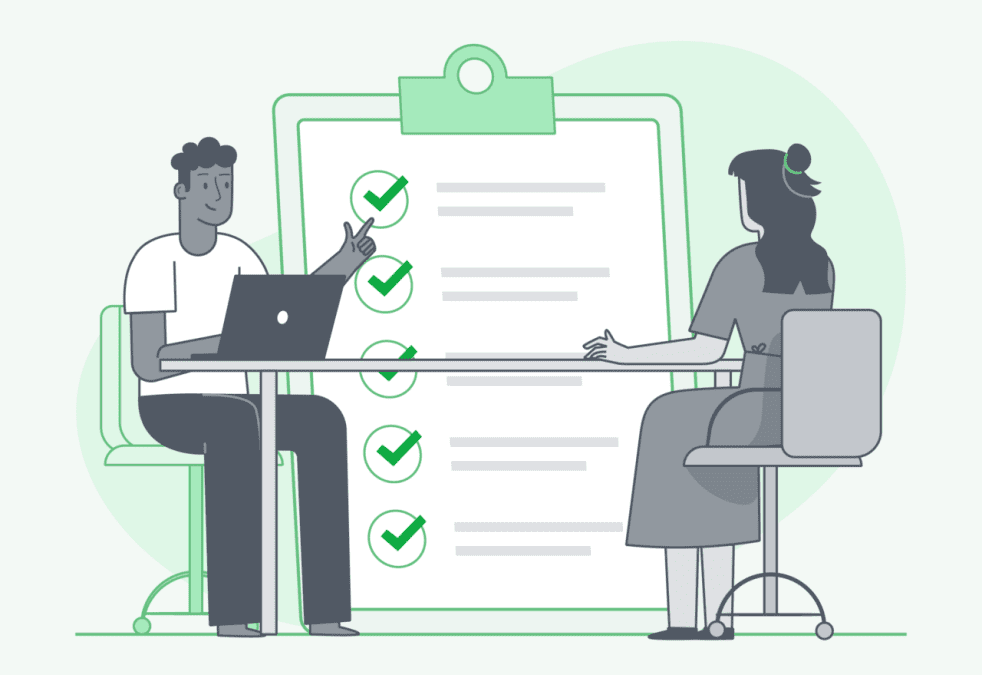
How to Answer Common Interview Questions – Breaking the Ice – II
“What do you know about our company?”
Companies like to know that you took the time to research them and learn about what they do, and perhaps something about their values and stated mission, if they have one. The last thing you want to do is show up and say that you don’t know much, but are very willing to learn. That tells them you’ll have the same passive attitude as an employee.
“Why do you want to work here/why are you right for this job?”
Once again, find a way to use your career story to point to exactly this job at this time. Really think about this ahead of time. You don’t have to prove that this is all you’ve ever dreamed about since you were a little kid – unless that’s true. But even then, try not to be too over the top.
And try not to make your answer completely about what this generally represents (I’ve always dreamed of working in the hotel industry), as opposed to explaining why this company in particular fits so well with your career goals.
Again, doing your research ahead of time can make all the difference. And remember when you answer to keep their needs in mind. “I would love to help you to ___.” (Fill in the blank based on your research.)
“Why did you leave (or are thinking of leaving) your last job?”
If you’re still in a job, then your answer can say something about looking for a more challenging job, or realizing that what you really want to do is what this new job offers, or you’re looking for advancement, etc. The main thing is to make it positive and NOT knock your current (or former) employer.
If you were fired or quit your last job, it’s especially important to think about your answer ahead of time. You don’t want to badmouth the last employer, because it makes the interviewer think that one day you’ll be saying this about them, even if you assure them it’s not true.
If something went wrong that they may hear about, be honest (you don’t need to go into great details here), and follow up with what you learned from it and how you’re more determined than ever to do a great job now. If it’s just that it wasn’t a great fit, you can say that – adding something about why you think this job is what you are looking forward to.
“What would your former co-workers / boss tell us about you?”
You’re going to want to look for some things that not only were positive experiences in some prior job, but that point to the new job as well. Some interviewers will be happy with just the experiences, but they would probe you more to understand how well you would fit into the work culture of the company. It is always great if they get to hear that you have been able to build relationships through work and that your colleagues haven’t felt threatened by you. It’s great to be competitive, not ‘fiercely’ competitive. 🙂
Think about things that show how cooperative, resourceful, determined, talented (without sounding too boastful), and pleasant to work with, you are. You don’t have to hit all these points – and we urge you to come up with some of your own – but this should at least give you a good idea where to go with your answer.
Have a few more minutes ? Read our two other posts in this series.

